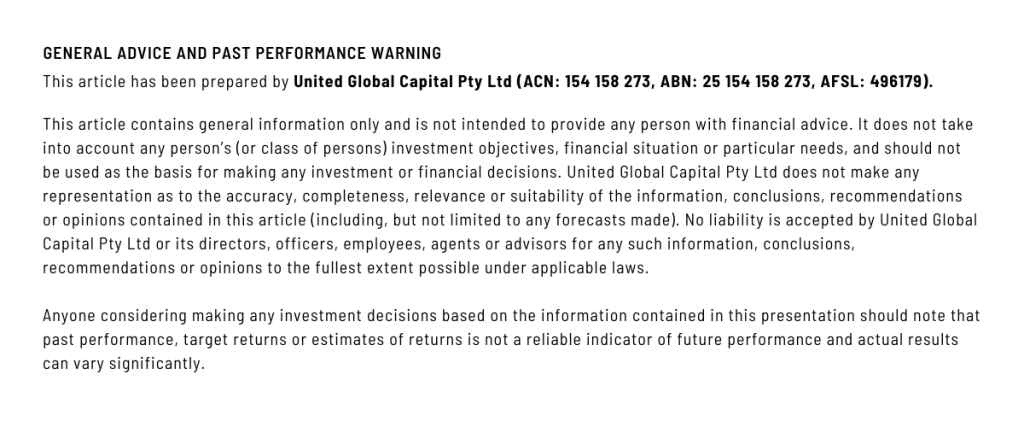Centrelink Age Pension: A Comprehensive Guide
In Australia, the Centrelink Age Pension plays a vital role in ensuring the financial well-being of senior citizens. With over 62% of Australians aged 65 and above relying on some form of Government Age Pension, understanding the eligibility criteria and the factors that determine entitlements becomes crucial.
This article delves into the four primary factors that influence Age Pension eligibility: age, residency, assets, and income.

The Qualifying Age
Before you can start receiving the Age Pension, you need to reach your qualifying age, which is determined by the government. This qualifying age serves as the earliest point at which you become eligible to receive pension benefits. The qualifying age is linked to your birth year, meaning individuals born on or after January 1, 1957, must reach the age of 67 to be eligible for the Age Pension. This provision aims to align pension eligibility with increasing life expectancies and changing demographics.
Establishing Australian Residency
Residency is another crucial factor in determining Age Pension eligibility. Generally, to qualify for the Age Pension, you need to be an Australian resident who has lived in the country for at least ten years, with at least five of those years being consecutive. While this is the standard rule, there can be exceptions, particularly for individuals who hold refugee status or dual nationality. Meeting the residency requirement underscores the government’s intention to provide financial support to those who have a longstanding connection to Australia.
The Asset Test
The value of your assessable assets is a significant determinant of your eligibility for the Age Pension. However, not all assets are included in this assessment. For instance, your family home is currently exempt from the asset test, allowing retirees to maintain their primary residence without affecting their pension entitlements. Examples of assessable assets include vehicles, cash in the bank, shares, and superannuation holdings. The specific asset limits depend on your relationship status and living arrangements. Striking a balance between asset accumulation and pension eligibility is crucial for many retirees.
Balancing Income and Entitlements
Income is a crucial factor that affects the amount of Age Pension you are entitled to. Centrelink takes into account all sources of income to determine your eligibility, including wages, interest payments, dividends, and superannuation payouts. There’s a threshold for income beyond which your pension entitlements may be adjusted. This threshold allows retirees to supplement their pension with a certain amount of income without completely losing their pension benefits. The interplay between income, assets, and the Age Pension amount emphasises the need for effective financial planning during retirement.
The Centrelink Age Pension serves as a safety net for many Australian seniors, providing them with financial support during their retirement years. Understanding the four key factors; age, residency, assets, and income, that influence Age Pension eligibility is vital for retirees to make informed decisions about their financial future. As the landscape of retirement continues to evolve, staying informed about government policies and entitlements becomes essential for retirees seeking financial security and a comfortable retirement.
If you are interested in finding out more about the Centrelink Age Pension regarding your own specific financial position, please contact us today to receive expert guidance tailored to your unique circumstances.

